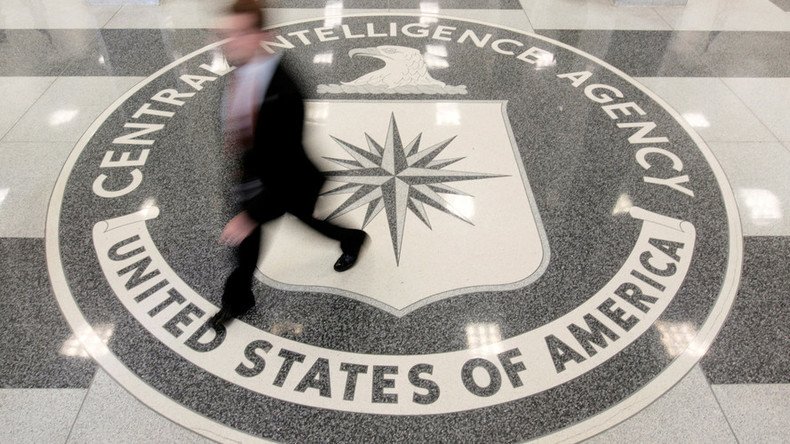CIA plans to destroy old files related to leaks

A CIA proposal to destroy files deemed no longer of historical importance has been authorized. Critics are questioning how honest the agency will be when it comes to the purging of potentially serious files.
The National Archives and Records Administration (NARA) has authorized the move to dump CIA documents that include classified information that was leaked, according to the Daily Beast.
The plan may be shelved, though, if enough people disapprove. There is a 45-day public comment period during which people can voice their concerns over the CIA plan before it goes into place.
In 2014, The National Security Archive, along with other interest groups, filed objections which blocked a 2014 CIA proposal to destroy the emails of 22 senior agency officials, according to the Daily Beast.
Medical records, behavioral conduct files, security clearance information, personality files with counterintelligence interests, workers-compensation reports for employees overseas, referral and declassification files are the types of documents that will be included in the latest purge, the Daily Beast reported.
Leaked files, as of now, need to be saved permanently, but if this new protocol goes into effect, they can be destroyed 30 years after a case has been officially closed. The plan was set forth by the CIA in 2012, and it was approved on June 5, after NARA told government agencies to present files that have no historical value.
The National Security Archive is opposed to this plan as well filing its complaint on July 18. Other groups, such as Open the Government, Demand Progress, the Federation of American Scientists (FAS) and Defending Rights and Dissent, have also asked the National Archives to stop the move, according to an FAS press release.
“Until NARA is able to ensure beyond a reasonable doubt” that the records primed for destruction truly are not historically valuable and that the ones the CIA claims are backed up elsewhere are in fact preserved, the National Archives should “pause” the approval process, the transparency groups say.
CIA director blames ‘Snowden worship phenomenon’ for rise in leaks of US secrets https://t.co/ICkj2Zt8QW
— RT America (@RT_America) June 25, 2017
They also want the declassification referral files moved to the permanent pile for public access in decades to come.
"They provide an invaluable tool and a roadmap for researchers to identify documents that were once designated as too secret to disclose – but will be subject to release at some point in the future," the organizations said in a statement, the Daily Beast reported.
“The formats will degrade or become obsolete like the floppy disks used decades ago,” CIA spokesperson, Heather Fritz Horniak, said, explaining the challenges of digital record keeping and preservation in the modern age.
But many may debate the importance of a batch of documents the CIA destroyed in June. Cables related to the US’s involvement in a 1953 coup in Iran were destroyed by the agency while conducting an office move. The agency believed that it didn’t need to save the records because they already existed elsewhere, according to a government press release.
READ MORE: Senate intel panel seeks to question Donald Trump, Jr. over meeting with Russian lawyer
Ex- intelligence officer Matthew Aid, noted that the NSA stores "several hundred times the volume of the Library of Congress every single day as part of its global eavesdropping operations," and "the CIA can't afford to scan its records," he said.
Officials at the National Archives defended the CIA dumping the records. NARA claims that it met several times with the agency and discussed different scenarios regarding each of the types of records in question.
They claim that they can’t go through and screen individual documents because of the fact that they would have to go through millions and millions of records.
Mara Hawkings, NARA acting director, said, “unique information on its own does not directly equate to whether records should be scheduled as permanent or temporary under NARA’s appraisal policy.”
Hawkings goes on to state that the spy agency’s cache of documents include disclosures of leaks that are intentional and unintentional. She did, however, agree that the CIA should not have discarded the Iranian coup cables and said it "is regrettable,” according to the Daily Beast.
In 2016, the CIA’s Inspector General, a watchdog for the agency, “mistakenly”destroyed the only copy it had of a 6,7000 page report on CIA torture techniques that took years for the Senate Intelligence Committee to compile.













